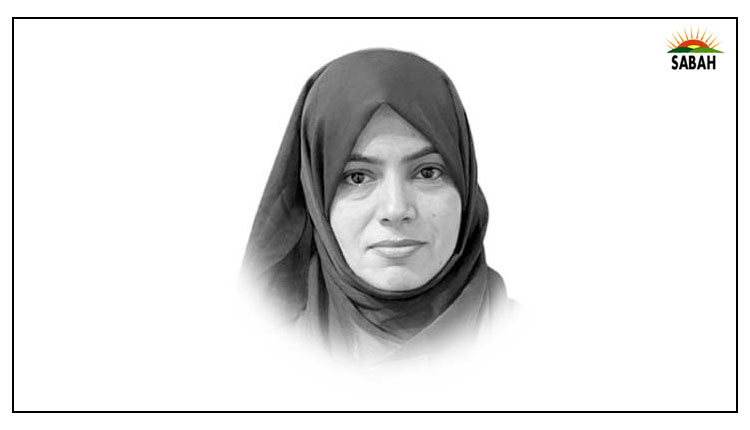Dowry deprives daughters of marriage … Saira Samo
Dowry, a longstanding custom in our society, creates a big problem for families and keeps us from moving forward together. It’s like a heavy roadblock on our path to fairness and equality between men and women. You see, when a family is getting their daughter married, they’re often asked for a lot of money or expensive things as dowry. This makes it really hard for dads who don’t have much money. The pressure to meet these high costs puts a strain on families, especially those that are already struggling. Sadly, many girls from poorer families can’t find someone to marry because their families can’t afford these hefty dowries.
This is associated with the sunnah and linked to religious rituals, but finds no mention in the fiqh books. The Arabic term, tajheez, meaning to prepare for a journey, has transformed into the Urdu word jahez, representing the goods prepared for a bride. Muslim converts uphold the tradition as jahez, pressuring each other to display dowry publicly, deeming helping poor girls acquire it a virtuous act.
In cultures where daughters couldn’t inherit property, traditions like jehaz aimed to compensate for this limitation. However, over time, this evolved into the demanding practice of jahez during weddings, placing a considerable financial strain on the bride’s family.
The weight of dowry and extravagant wedding expenses often pushes families, especially those with several daughters, into perpetual debt, occasionally resulting in the sale of valuable property. The relentless endeavours of Prophet Muhammad (peace be upon him) to grant women legal and social rights contrast sharply with the prevalent sentiment in South Asia, where the birth of a daughter is often met with sorrow or resigned acceptance at best. This attitude stems from the perception that daughters may not make substantial contributions to the family and could potentially become a financial burden, largely due to the entrenched practice of dowry.
In stark contrast, the example of Prophet Muhammad’s (peace be upon him) daughter, Fatima, paints a picture of a simple and meaningful wedding. When Ali expressed his desire to marry her, the Prophet (peace be upon him) asked for mehr. Ali, possessing a horse and a saddle, was advised to sell the saddle to cover expenses. The necessary wedding items were prepared by the Prophet’s (peace be upon him) family, but the groom bore the cost.
The Prophet’s (peace be upon him) wisdom shines through his statement that the best marriage involves minimal expenses. Those who can afford to give jahez should oppose it, explaining that it goes against Islamic tradition. If families collectively aimed to spend less than their peers, these wasteful customs could be curtailed and eventually eradicated.
When a bride is unable to provide dowry, the consequences can severely affect her life. She may experience stigma and feel unwelcome in the groom’s household, potentially becoming a lifelong financial burden on the household’s resources.
The gap in relation goes on. This might lead to societal judgment and discrimination against the bride. She could face challenges in gaining acceptance and respect within her community. Increased pressure on the bride’s family from relatives and society questions their ability to fulfil traditional expectations, straining relationships.
The absence of dowry may affect the dynamics within the marital relationship. It could lead to tension, especially if the groom’s family holds expectations based on prevailing cultural norms. Without dowry, the bride may face financial challenges, lacking customary resources to establish her household, impacting her well-being.
The bride may find herself with a limited support network, as the lack of dowry can influence community perceptions. This isolation can impact her mental and emotional health.
To change this old and unfair tradition, we all need to work together. We should talk more about how dowry hurts families and make rules to stop it. It’s important to focus on what makes people special, not just what they can give. If we can challenge and change these old customs, we’ll create a world where love and shared values matter more than money, making things better for everyone to live.
Courtesy The Express Tribune, April 30th, 2024.












